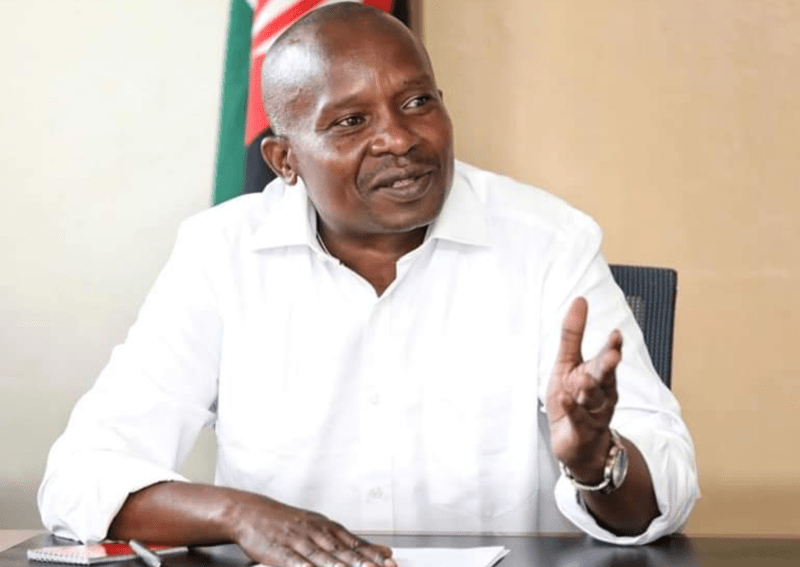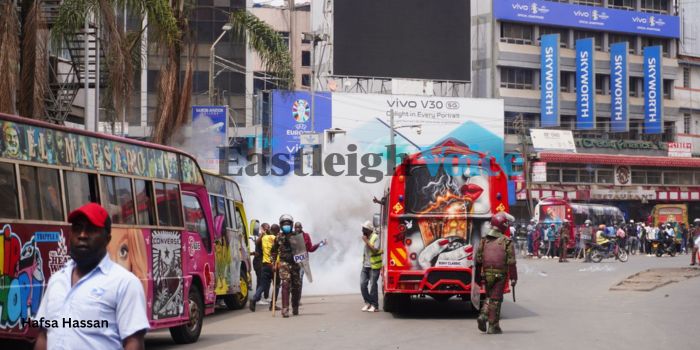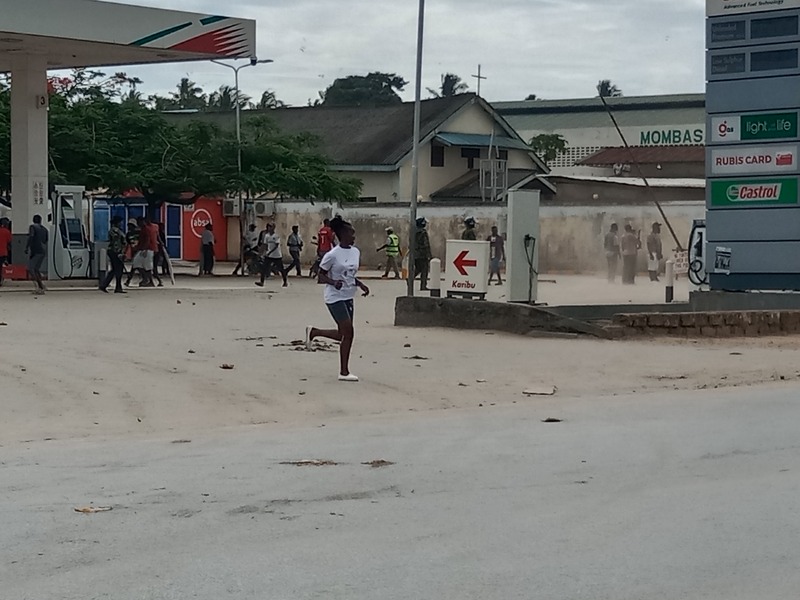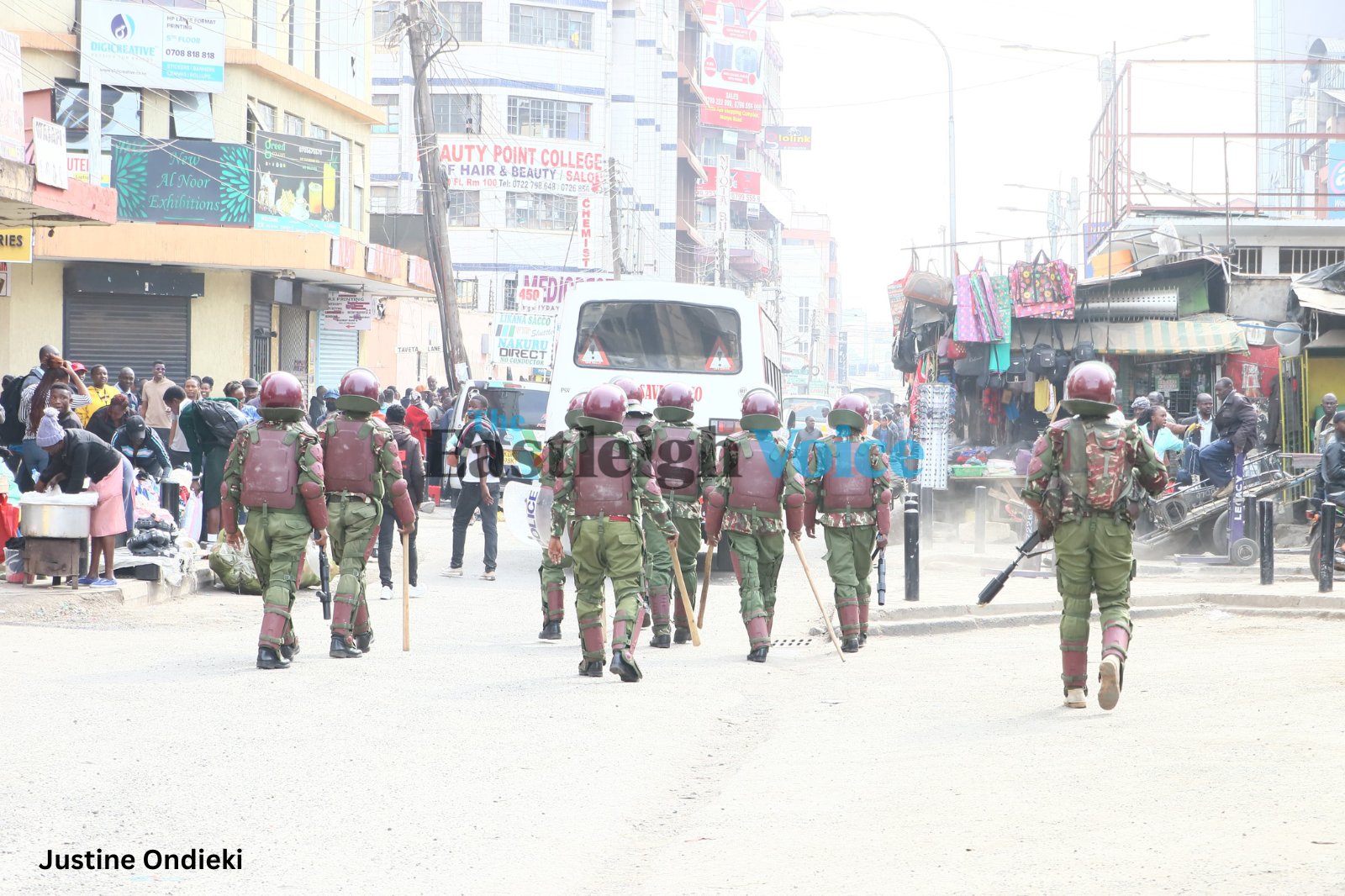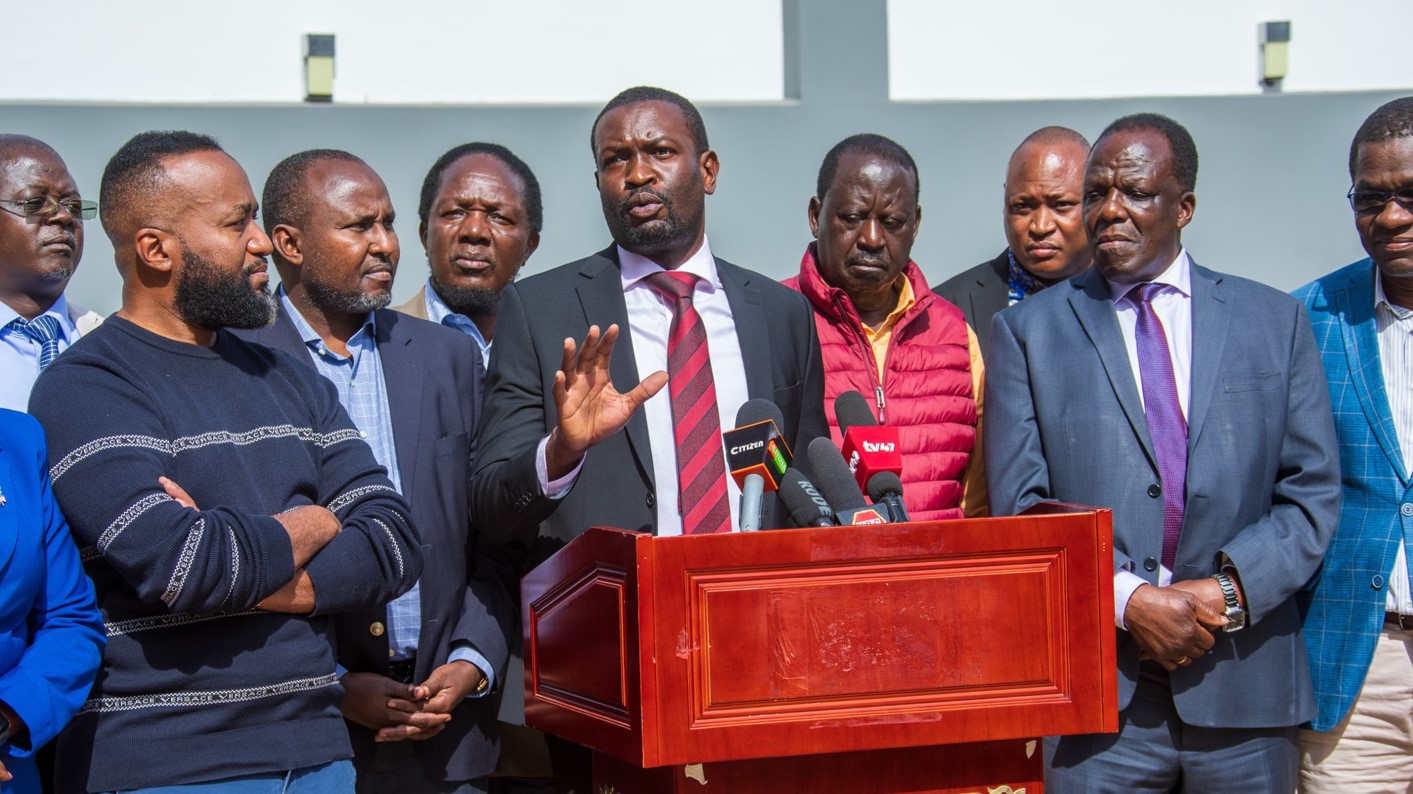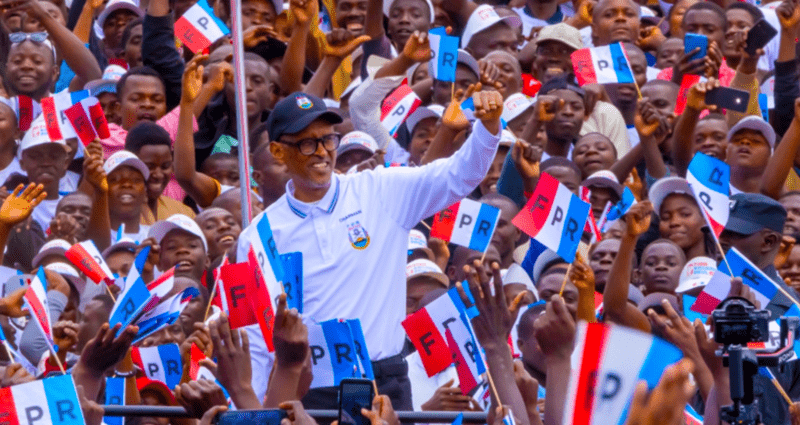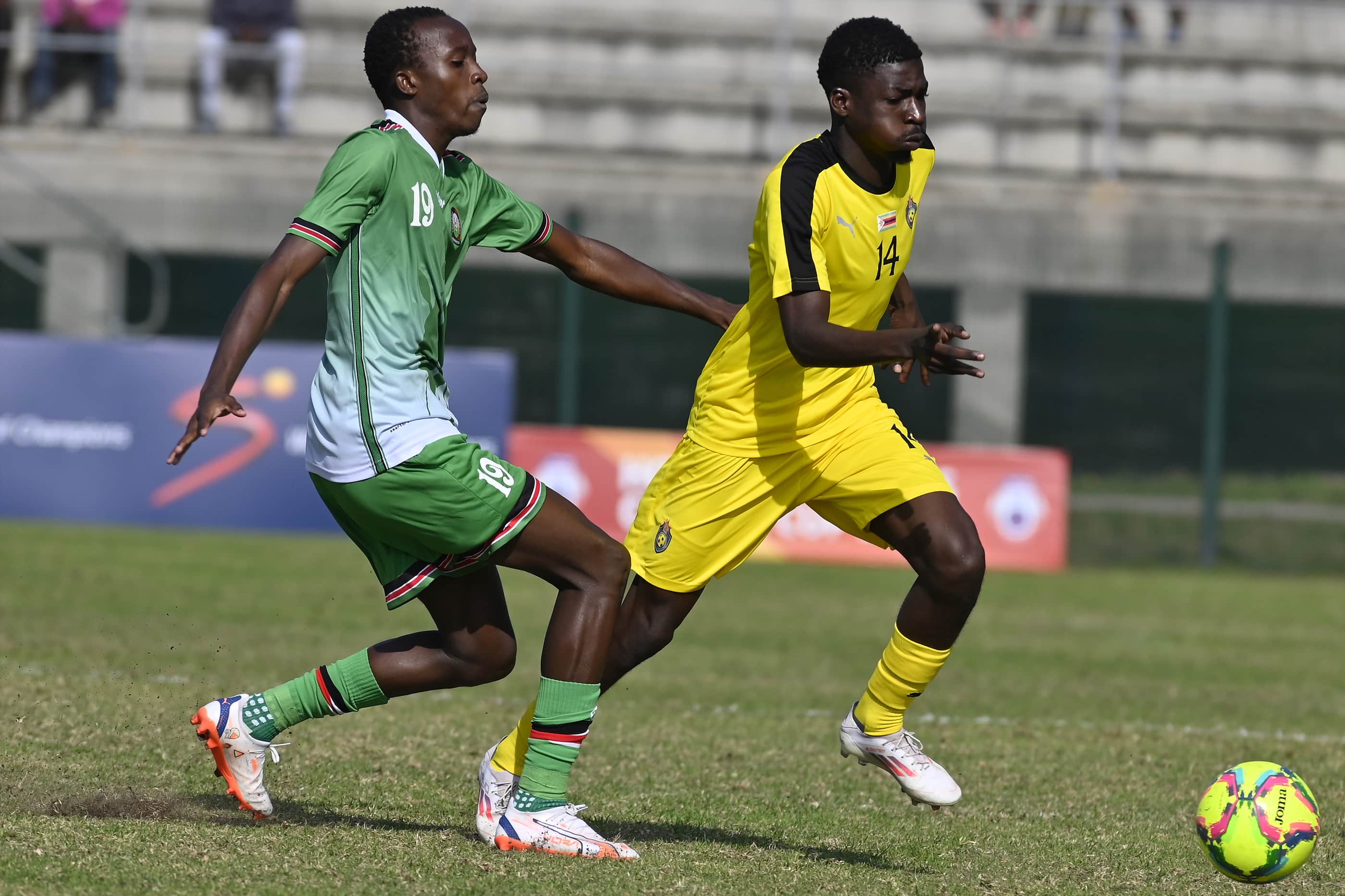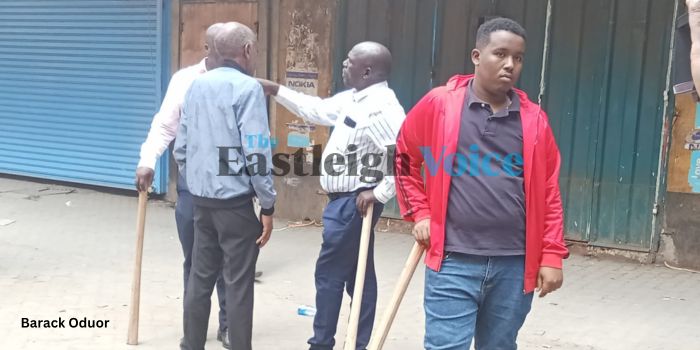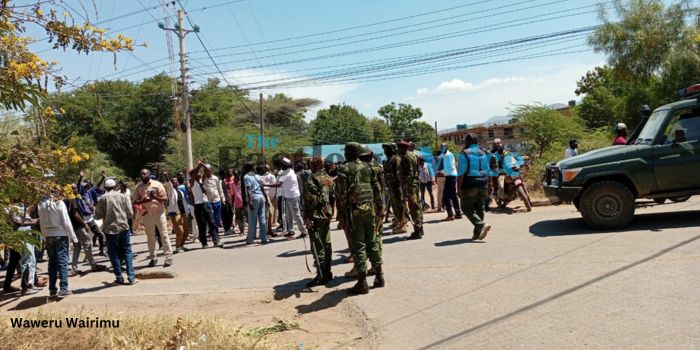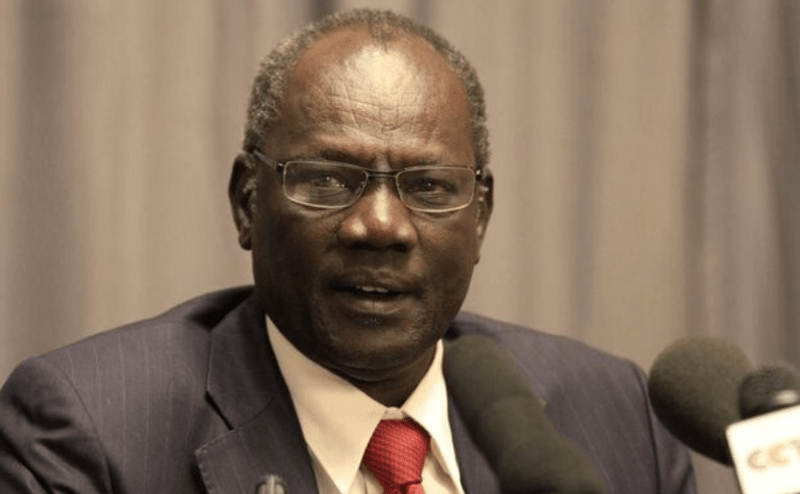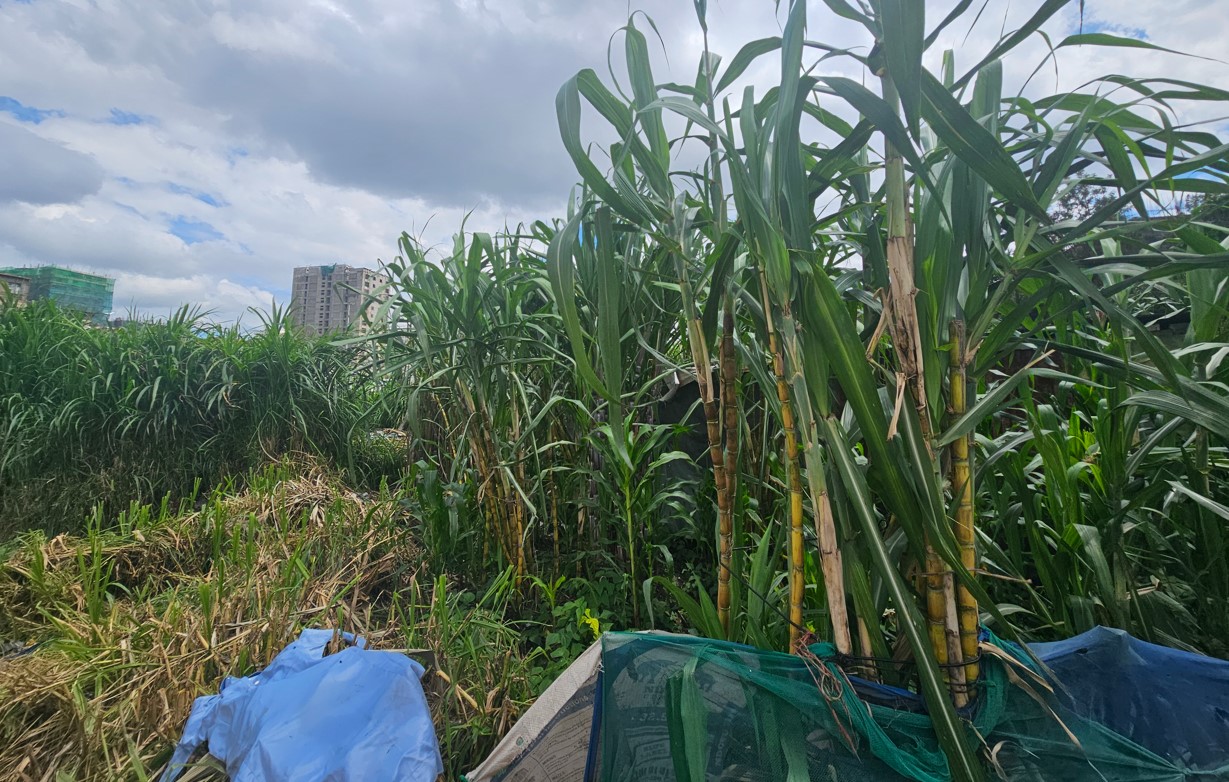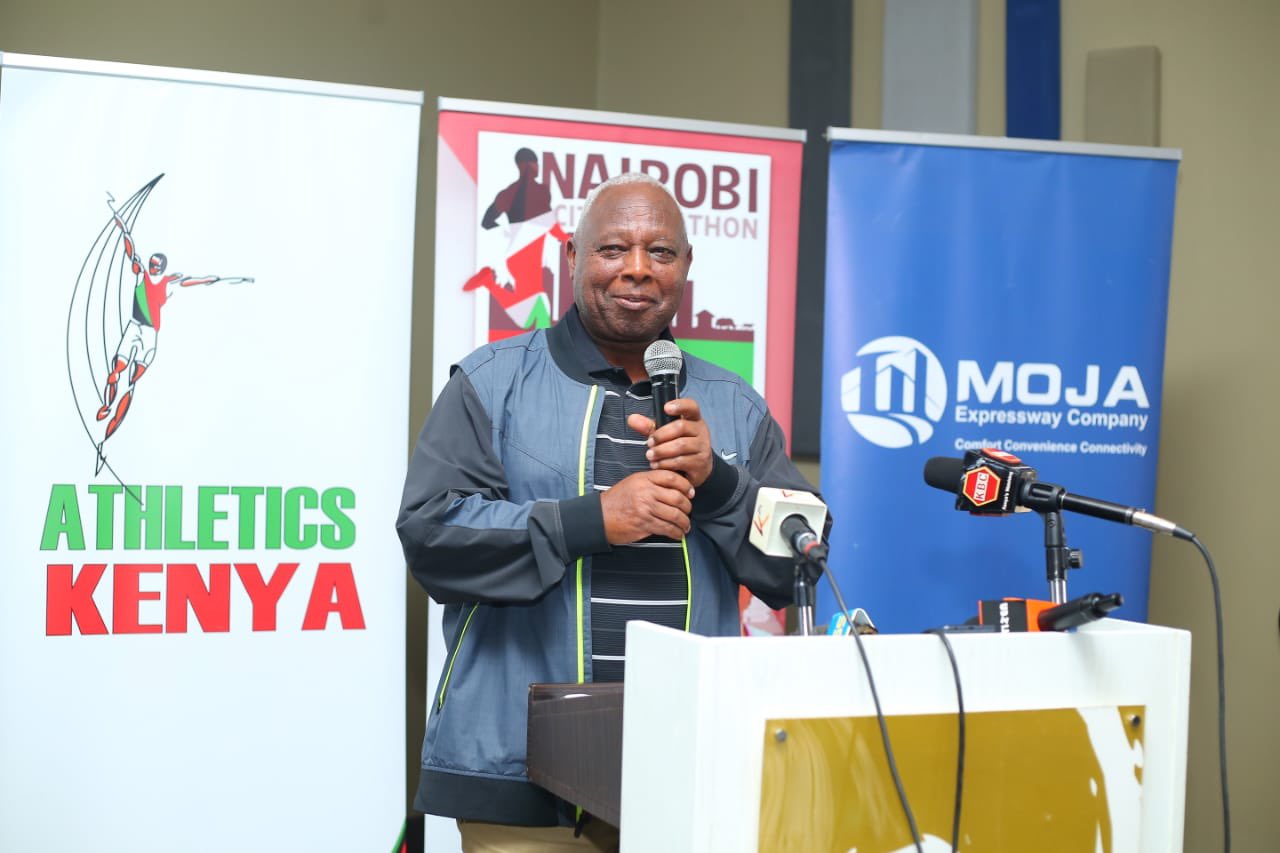African Union set for new political dialogue to end Sudan war
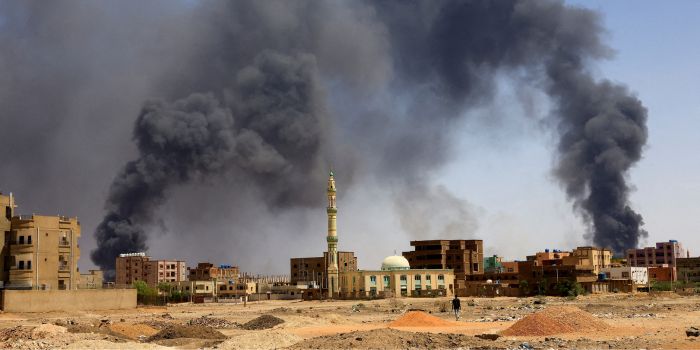
By Bashir Mohammed |
The initiative, endorsed by the AU Peace and Security Council, aims to bring together Sudan’s warring factions and political movements under one roof, facilitated by the AU High-Level Panel on Sudan.
In a renewed effort to quell the devastating conflict in Sudan, the African Union (AU) has announced plans for an inclusive political dialogue set for Addis Ababa, Ethiopia, from July 10 to 15.
The initiative, endorsed by the AU Peace and Security Council, aims to bring together Sudan’s warring factions and political movements under one roof, facilitated by the AU High-Level Panel on Sudan.
Keep reading
The AU’s ambitious goal is to forge "a durable people-driven solution to the conflict and restoration of constitutional democratic order in Sudan for a brighter future," as stated by the AU Peace and Security Council.
The success of this endeavour hinges on the participation of key stakeholders, primarily the warring factions.
The conflict, which erupted in April 2023 between the Sudan Armed Forces (SAF) and the Rapid Support Forces (RSF), has exacted a heavy toll on Sudanese civilians.
According to the Armed Conflict Location and Event Data Project, nearly 17,000 people have lost their lives, with millions more displaced both internally and across Sudan’s borders.
The situation has deteriorated into what is now Africa's largest humanitarian crisis, with 10 million people displaced and over 25 million facing starvation as famine looms large.
International efforts to mediate the crisis have been fraught with challenges. Previous initiatives, including the Jeddah Process led by the United States and Saudi Arabia and efforts by the Intergovernmental Authority on Development (Igad), have faltered amidst disagreements and refusals to participate by key stakeholders.
The AU’s latest push seeks to consolidate these disparate efforts and provide a unified platform for dialogue.
Speaking on the escalating humanitarian crisis, Tejada D'Oyen McKenna, CEO of Mercy Corps, emphasised the dire conditions in Sudan.
"Parts of Sudan have been cut off from aid and deprived of food, clean water, and healthcare for months. The conflict’s expansion into vital agricultural regions has exacerbated food insecurity, leading to severe malnutrition among vulnerable groups."
Despite these challenges, external factors continue to complicate the situation. The AU has voiced concerns over external interference fueling the conflict, citing violations of AU communiqués and UN Security Council resolutions.
Most recently, Sudan accused the United Arab Emirates (UAE) of supplying weapons to the RSF, a charge the country vehemently denied at the UN Security Council.
The AU’s initiative comes at a critical juncture when Sudanese civilians are in urgent need of life-saving aid.
Linda Thomas-Greenfield, the US Ambassador to the UN, underscored the imperative for immediate action, saying, "If the warring parties do not respect international humanitarian law and facilitate humanitarian access, the Security Council should intervene to ensure aid reaches those in need."
As preparations for the Addis Ababa dialogue intensify, the AU faces significant challenges in securing the participation of all relevant factions and overcoming deep-rooted distrust.
The success of the AU-led initiative could hinge on its ability to provide a platform for inclusive dialogue that addresses the grievances of all parties involved and paves the way for sustainable peace in Sudan.





